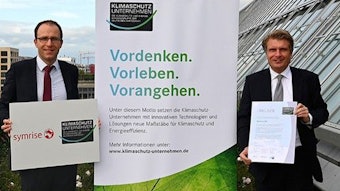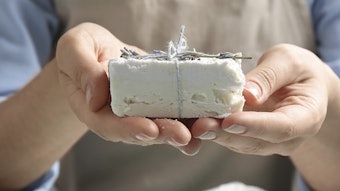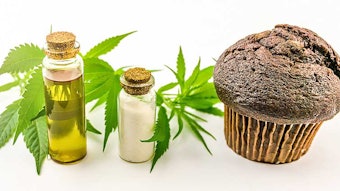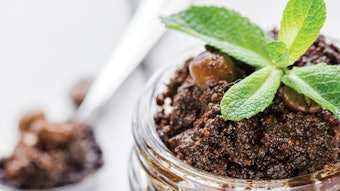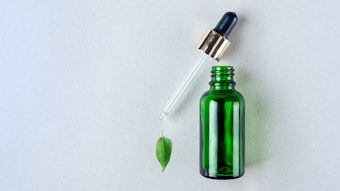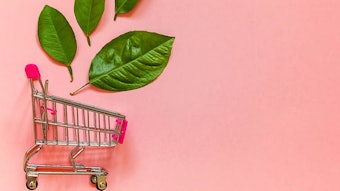Research conducted by Organic Monitor suggests that natural and organic cosmetic brands are not living up to their marketing claims, that some fair trade organizations are not using strict requirements and that content of natural ingredients varies by geographical region. The company assessed more than 50 international brands of natural cosmetic products and ranked them in terms of their naturalness.
To assess the naturalness of the products, a chemist examined the ingredient composition of cosmetic products and classified formulations according to their "level of naturalness." Certified organic cosmetics received the highest rating (9–10), pure natural cosmetics were rated 5–7, naturally inspired cosmetics were rated 2 and conventional cosmetics were rated 1.
Brands that received high naturalness scores include Intelligent Nutrients (9), Green People (8), and Living Nature (7). Intelligent Nutrients products got high naturalness ratings as they contain high levels of organic (food) ingredients, with reportedly almost all products certified organic. New brands launched by large multinationals also scored high in terms of their natural and organic formulations including: Garnier Bio Active (L’Oréal), Diadermine Bio Expertise (Henkel) and Johnson’s Natural (Johnson & Johnson). The high naturalness ratings of these brands epitomizes how the natural and organic arena has evolved from just having small niche brands.
After assessing the natural products, the company reported that the formulations of most natural brands are not meeting their marketing claims. Many companies claiming to have "chemically clean" cosmetics reportedly formulated with contentious synthetic ingredients. Many such brands are classified as semi-natural or naturally inspired, even though they claim to be "100% natural."
The company also gave some organic cosmetic brands low "naturalness" ratings because although their products contain certified organic ingredients, the formulations still had synthetic ingredients not common to natural and organic products.
According to the company, the research highlights the importance of certification in creating a "level playing field" for formulators. Thus, brands with high levels of certified products received high naturalness scores. The company added that standards provide a clear list of approved ingredients and processes to formulators. Furthermore, products approved by certification bodies (Ecocert, Soil Association, BDIH, NPA and NaTrue) were found by the company to build consumer trust since symbols and logos clearly distinguish legitimate natural/organic products from falsely labeled ones.
Although certification was encouraged, there the company questions some fair trade and new eco-labeling schemes for cosmetic products. The company found that some fair trade organizations are certifying products with a minimum level of fair trade ingredients, while still allowing those products to be formulated with synthetic ingredients.
The company also found that the level of naturalness of brands varies considerably between geographic regions. European brands, partly because of the high adoption rates of natural and organic standards, score highest. North American brands are the second most natural, while brands in other regions generally received lower ratings. Although a growing number of Asian and Latin American brands are emphasizing their natural ingredients, the formulations are reportedly high in synthetic preservatives, emulsifiers and other ingredients. The company noted that the low level of naturalness of such brands could be attributed to lack of experience with natural ingredients. "Many Asian companies are not accustomed to using the new palette of green ingredients, preferring to use familiar synthetics in their formulations," added Judi Beerling, head of technical research at Organic Monitor, in a company press release.
To address the formulation issues associated with natural and organic cosmetics, Organic Monitor is dedicating a workshop and seminar program to this subject at the Sustainable Cosmetics Summit, taking place in Hong Kong on Nov. 7–8, 2011.

